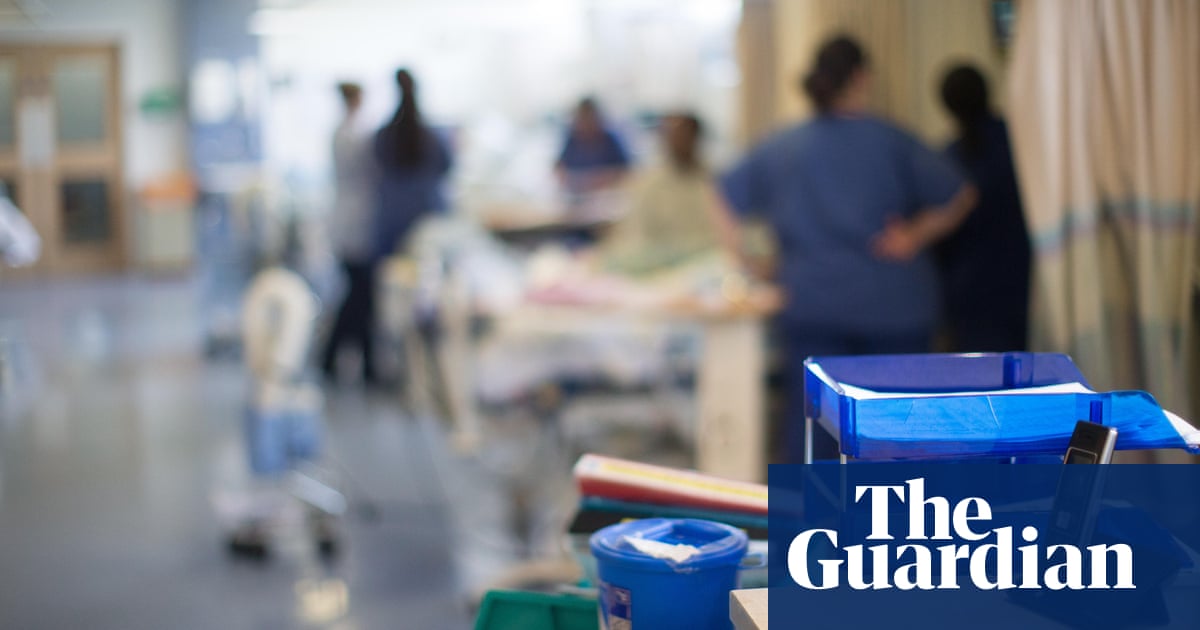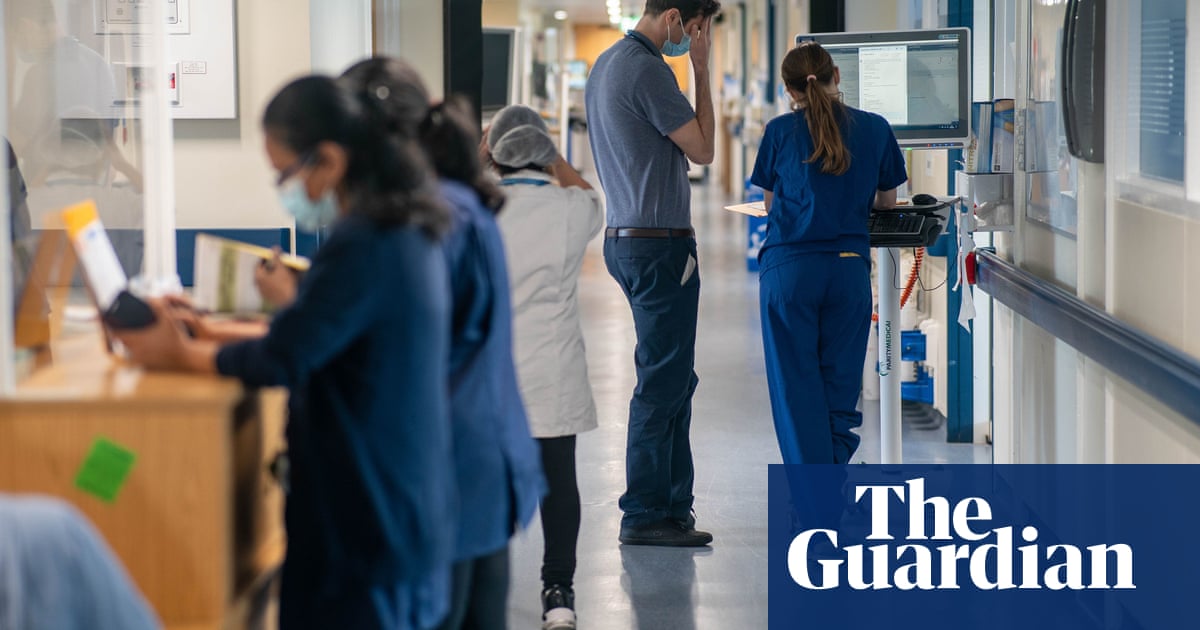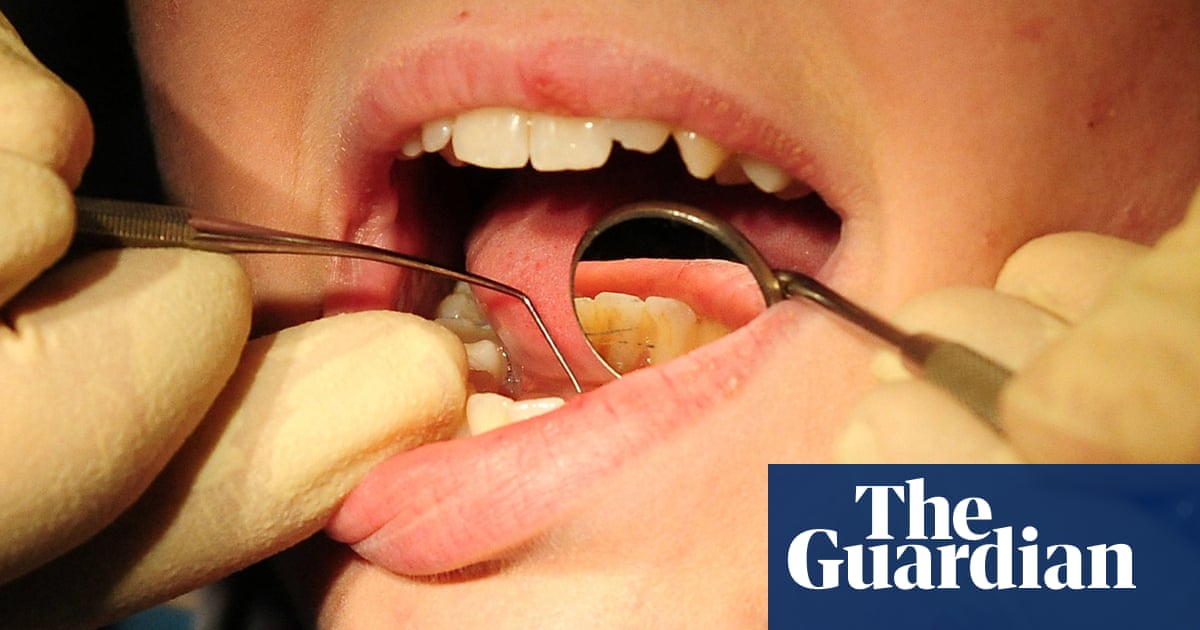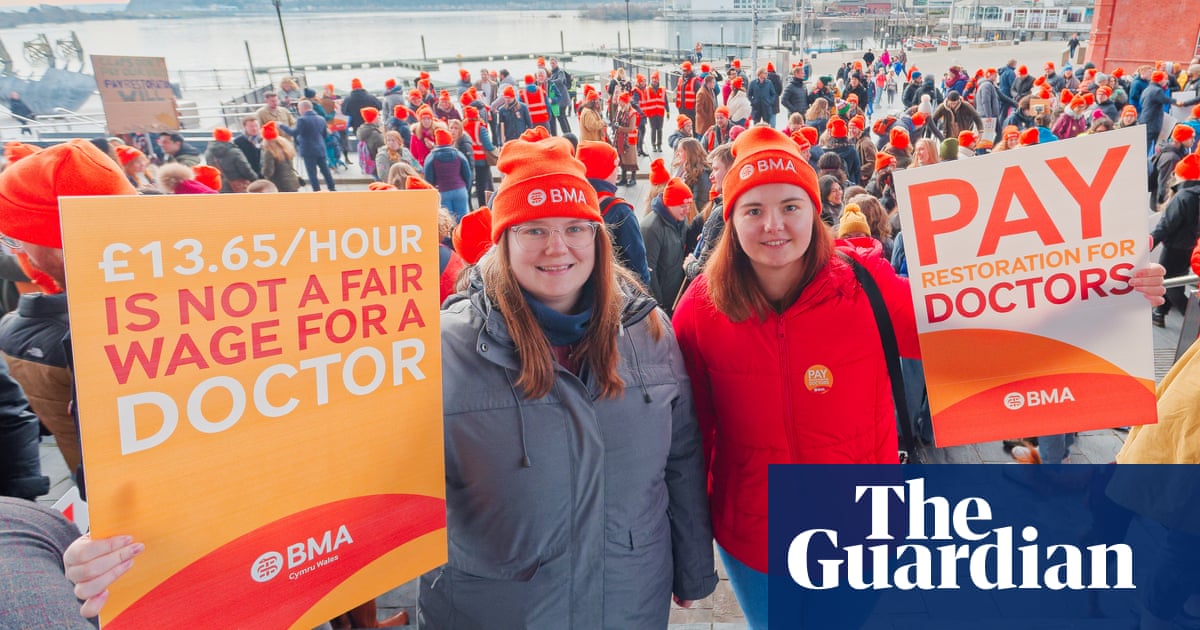
A majority of medics believe physician associates in hospitals and GP surgeries are adding to doctors’ workloads, not reducing them as intended, a survey has found.
Just over half of 18,000 doctors surveyed by the British Medical Association (BMA) said working alongside those staff increased what they had to do rather than freeing up their time.
Physician associates take medical histories, carry out physical examinations and can help decide what treatment patients receive but, unlike doctors, have no medical degree.
Their growing presence in the NHS across Britain has sharply divided the medical profession. Some doctors see them as helpful, but others fear that their lack of in-depth knowledge could lead to mistakes in treatment being made and mislead patients into thinking they are medics.
In the BMA survey, 55% of doctors said the introduction of physician associates and their equivalents in anaesthetics had increased their workload “a little” (33.6%) or “a lot” (21.8%). Only 21% said their workload had become lighter.
Prof Philip Banfield, the BMA’s chair of council, said: “NHS England tell us that ‘physician associates support doctors in the diagnosis and management of patients’, supposedly giving doctors more time to deliver the high-quality care only they can give.
“But the reality appears to be the exact opposite. Too many doctors are telling us that supervising PAs is instead draining their time and energy.”
One junior doctor in Scotland who took part in the survey said PAs often asked doctors to prescribe drugs and order scans for patients. “You end up spending large amounts of time checking if these requests are appropriate. This is an inefficient and dangerous way of working. It increases the workload of doctors.”
A GP in England said they “have the added burden of supervising associated staff at a time when GP workload is increasing. This is the perfect storm that will lead to burnout and the loss of more GPs.”
Dr Jeanette Dickson, the chair of the Academy of Medical Royal Colleges, which represents all UK and Ireland doctors professionally, said she welcomed NHS England’s planned expansion of physician and anaesthetic associate roles from 6,000 to 12,000 by 2036-37.
They would become “an increasingly important part of the workforce”, she said. “With the healthcare system under so much pressure we are please to be getting a safe helping hand.”
A Department of Health and Social Care spokesperson said: “The role of physician associates is to support doctors, not replace them, and they make a significant contribution to the NHS. PAs work alongside doctors providing medical care as an integral part of the multi-disciplinary team.
“Regulation of these roles has cross-party support and will boost patient safety, with the General Medical Council operating strict fitness-to-practise procedures and setting education and training standards.”












